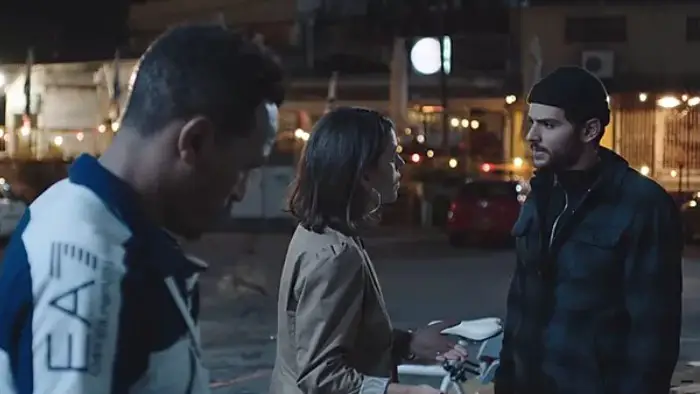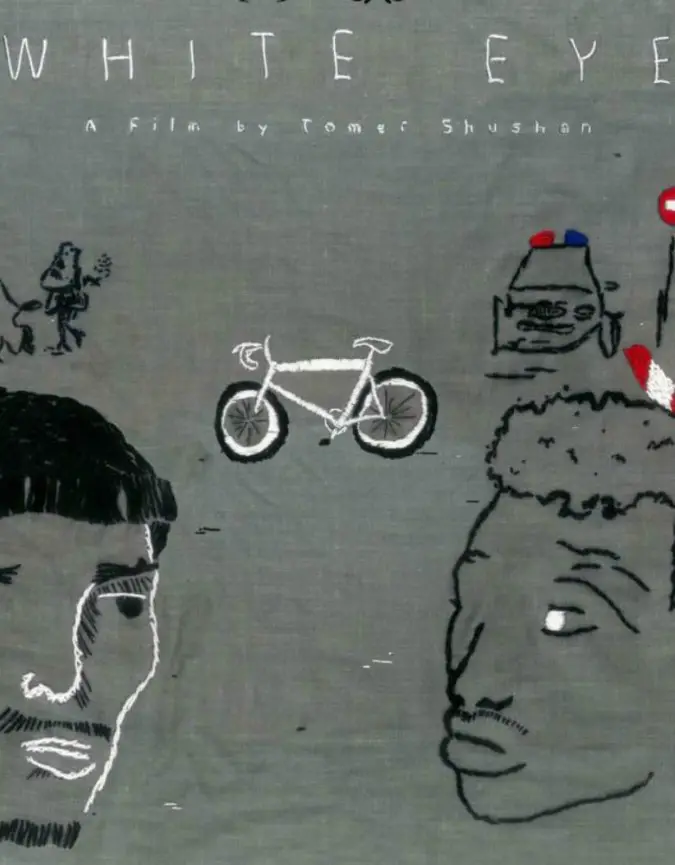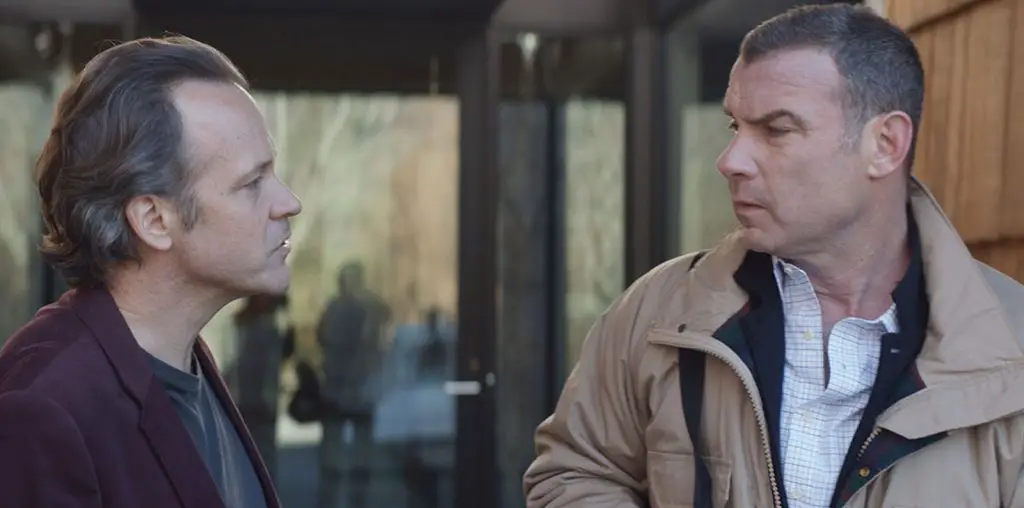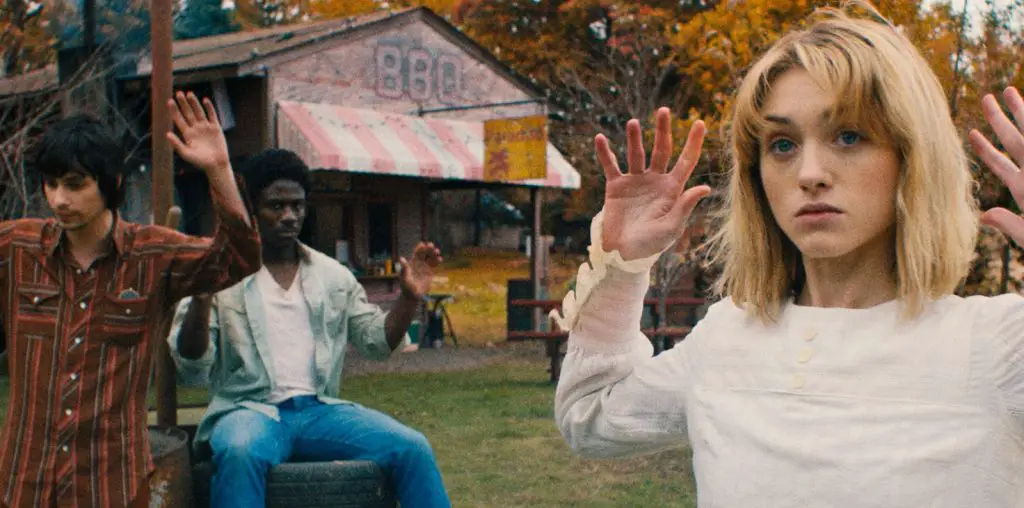
None of this flies with Omer, and, in exasperation, he calls the police. Upon arrival, the police request that Yunes present his visa. He does so, but it’s expired. You can see where this is going.
The dominant reason why White Eye works so effectively is that it confronts viewers with their level of privilege and how the choices made as a result of that perceived advantage lead to circumstances that instantaneously affect the lives of others. Examining this internalized elitism may compel a person to view people more sympathetically as one goes about their daily lives. When a movie, especially a short, as White Eye runs just over 15-minutes, is able to invoke this much controversy in its audience, it reinforces the incredible power that cinema is capable of.

“Not only…a thematic achievement, but it’s a technical one as well.”
Not only is White Eye a thematic achievement, but it’s a technical one as well. Director Shushan stages the entire story in a glorious one-shot, tracking from outside to inside then back out again. The technique, which in a less polished film would seem ostentatious, here magnifies the immediacy with which a life can change not just for Omer and Yunes but for anyone. It’s a sobering idea, and Shushan brilliantly echoes this concept in his movie’s construction.
White Eye is a filmed hypothesis. Shushan’s notion of what could happen when someone in a position of privilege momentarily loses control of that privilege proves riveting. He packs the movie with so much thought and so many resonant ideas in under twenty minutes, and that is no small accomplishment. Tomer Shushan is clearly a polemical storyteller and keen filmmaker to watch.
White Eye was scheduled to screen at the 2020 SXSW Film Festival and the 2020 Hollyshorts Film Festival.

"…reinforces the incredible power that cinema is capable of."


